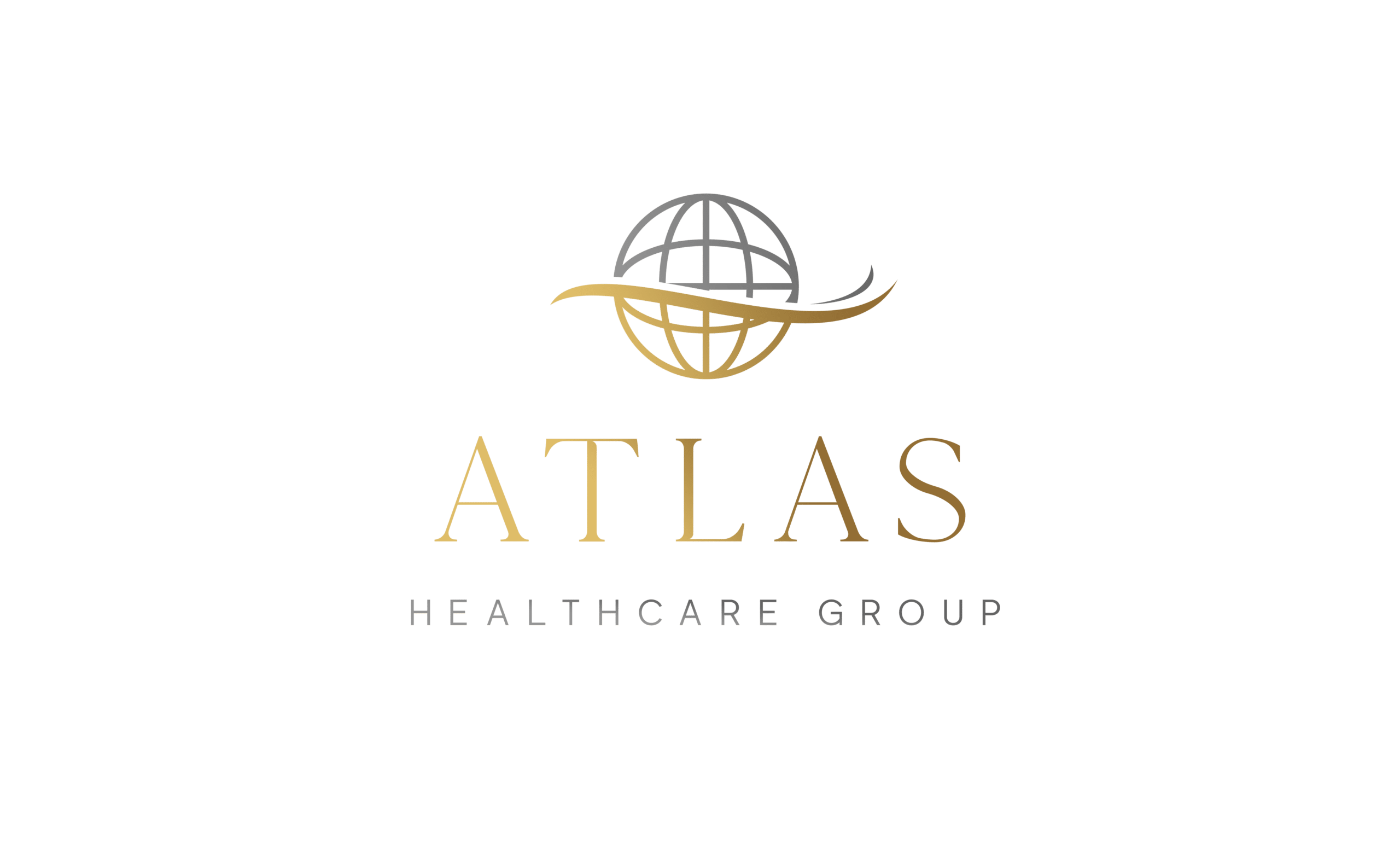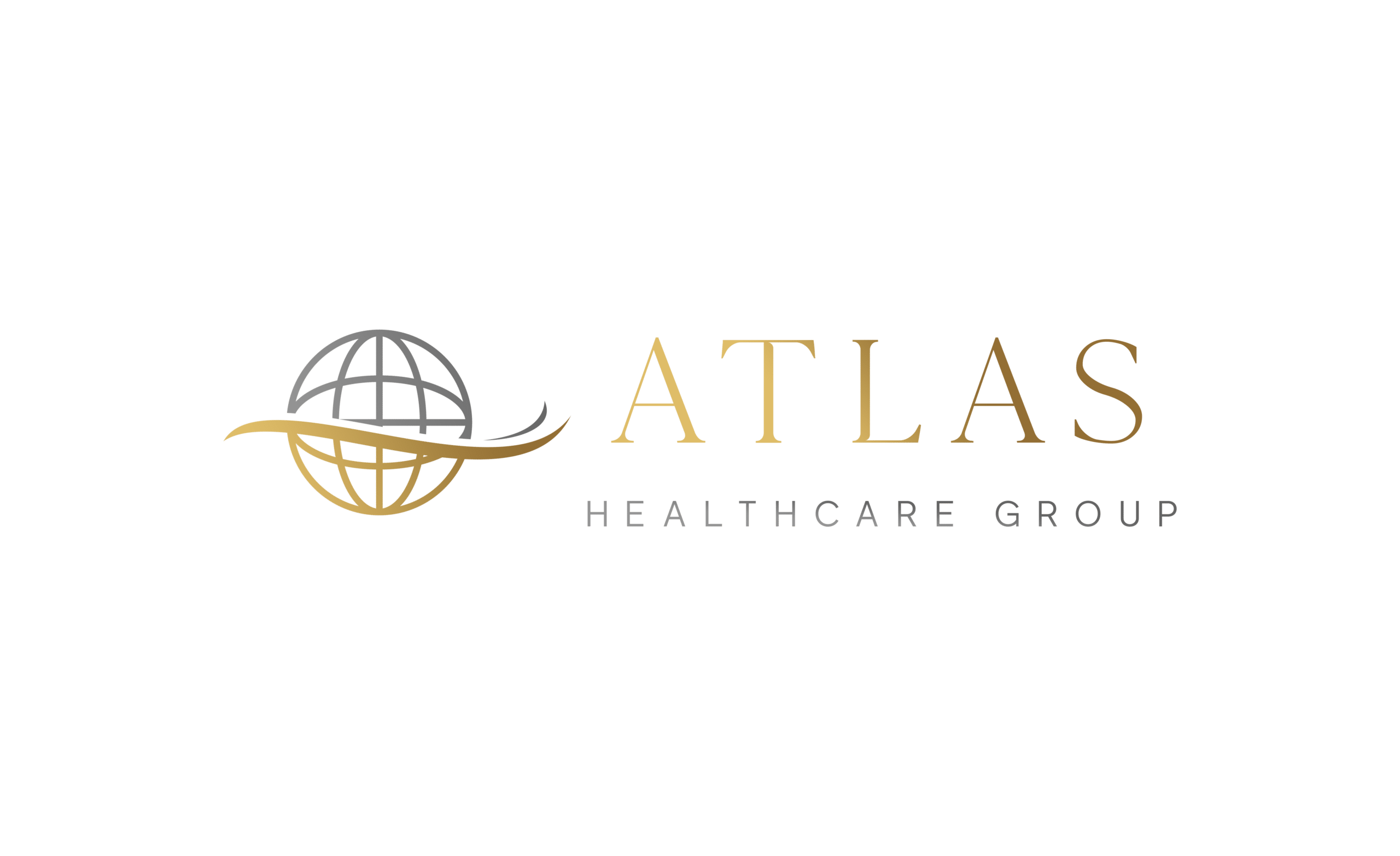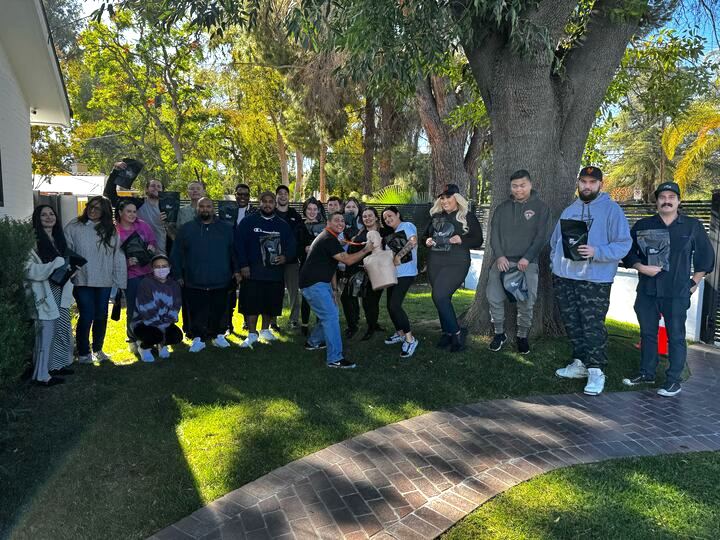How to Collaborate Effectively with Addiction Treatment Programs
In the dynamic landscape of healthcare and addiction treatment, collaboration is key to providing comprehensive and effective care. Building strong partnerships among treatment programs is essential for addressing the complex needs of individuals seeking help. Whether you’re working in mental health, substance abuse, or other areas of treatment, forming robust collaborations can enhance the quality of care and improve outcomes for patients. In this blog, we will explore the importance of building strong partnerships and provide practical tips on how to collaborate effectively with other addiction treatment programs.
The Significance of Collaboration in Addiction Treatment Programs
- Holistic Patient Care: Successful treatment is rarely one-size-fits-all. Collaborating with other treatment programs allows for a more holistic approach to patient care. Mental health issues, substance abuse, and physical health are often interconnected, and addressing these aspects collectively can lead to more comprehensive and effective interventions.
- Resource Optimization: Collaboration enables the sharing of resources, expertise, and facilities. By pooling together resources, treatment programs can optimize their impact, reduce duplication of services, and reach a broader population. This is particularly crucial in times when healthcare resources may be limited.
- Improved Outcomes: When treatment programs work together, they can leverage diverse perspectives and skills to enhance the quality of care. This collaborative approach often leads to improved patient outcomes, as different programs bring unique strengths and strategies to the table.
- Enhanced Community Support: Collaborating with other treatment programs fosters a sense of community support. This not only benefits patients but also strengthens the overall healthcare ecosystem. By working together, treatment programs contribute to building a network of support that extends beyond individual organizations.
Practical Tips for Effective Collaboration:
- Establish Clear Communication Channels: Effective collaboration starts with clear communication. Establish regular meetings, both formal and informal, to share updates, discuss challenges, and coordinate efforts. Use technology to facilitate communication, ensuring that all involved parties are informed and engaged.
- Define Roles and Responsibilities: Clearly define the roles and responsibilities of each treatment program within the collaborative effort. This helps avoid confusion and ensures that everyone understands their contribution to the overall goal. Establishing a shared understanding of expectations promotes accountability.
- Cultivate a Culture of Trust: Trust is the foundation of any successful partnership. Foster an environment where all parties feel comfortable sharing their ideas, concerns, and feedback. Building trust takes time, so invest in relationship-building activities and open dialogue to create a strong foundation for collaboration.
- Identify Common Goals and Objectives: Aligning on common goals is essential for effective collaboration. Identify shared objectives that benefit all involved parties and, more importantly, the patients. Having a unified vision provides a clear direction for the collaboration and helps overcome potential obstacles.
- Promote Interdisciplinary Training: Encourage interdisciplinary training for staff across different treatment programs. This helps professionals understand the unique challenges and perspectives of their counterparts in other programs, fostering empathy and enhancing collaboration.
- Utilize Technology for Information Sharing: Leverage technology to streamline information sharing. Electronic health records, secure communication platforms, and shared databases can facilitate the exchange of relevant information while maintaining patient confidentiality.
- Evaluate and Adapt: Regularly evaluate the effectiveness of the collaboration. Seek feedback from all parties involved and be open to making adjustments as needed. Flexibility and a willingness to adapt are crucial for long-term success.
Case Study: Successful Collaboration in Mental Health and Substance Abuse Programs
Imagine a scenario where a mental health clinic collaborates with a substance abuse treatment center to address the needs of individuals with co-occurring disorders. Through clear communication, shared training initiatives, and a commitment to common goals, the two programs develop a seamless referral system.
Mental health professionals receive training on recognizing signs of substance abuse, and vice versa. Regular joint meetings are held to discuss cases, share insights, and coordinate treatment plans. The collaborative effort results in a more comprehensive approach to patient care, leading to improved mental health outcomes and reduced substance abuse relapses.
Conclusion: Building a Collaborative Future for Treatment Programs
In the ever-evolving landscape of healthcare, building strong partnerships among treatment programs is not just beneficial; it’s necessary. The holistic nature of patient care, combined with the potential for resource optimization and improved outcomes, makes collaboration a cornerstone of effective healthcare delivery.
By implementing the practical tips outlined above and learning from successful case studies, treatment programs can forge robust collaborations that transcend organizational boundaries. In doing so, they contribute to a more interconnected and supportive healthcare system, ultimately benefiting the individuals seeking treatment and the communities they serve. Interested in learning more? Reach out to a local addiction treatment provider today!










